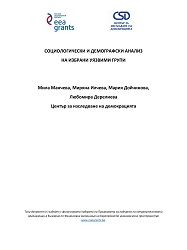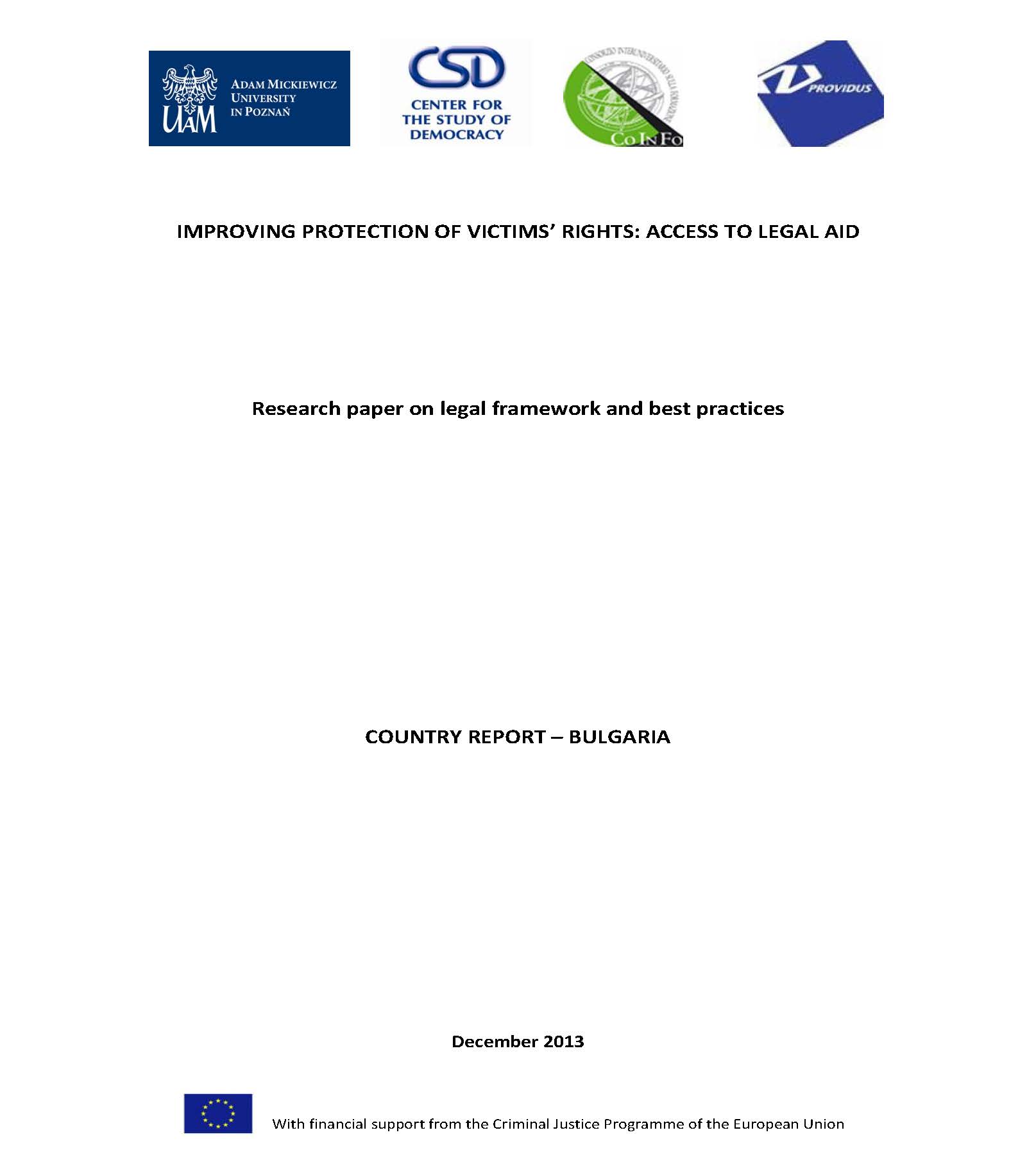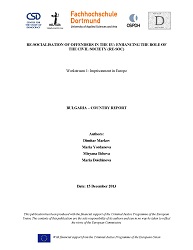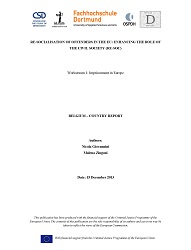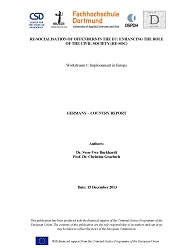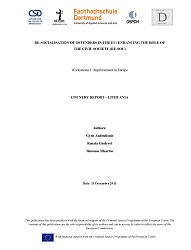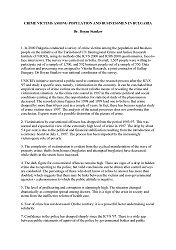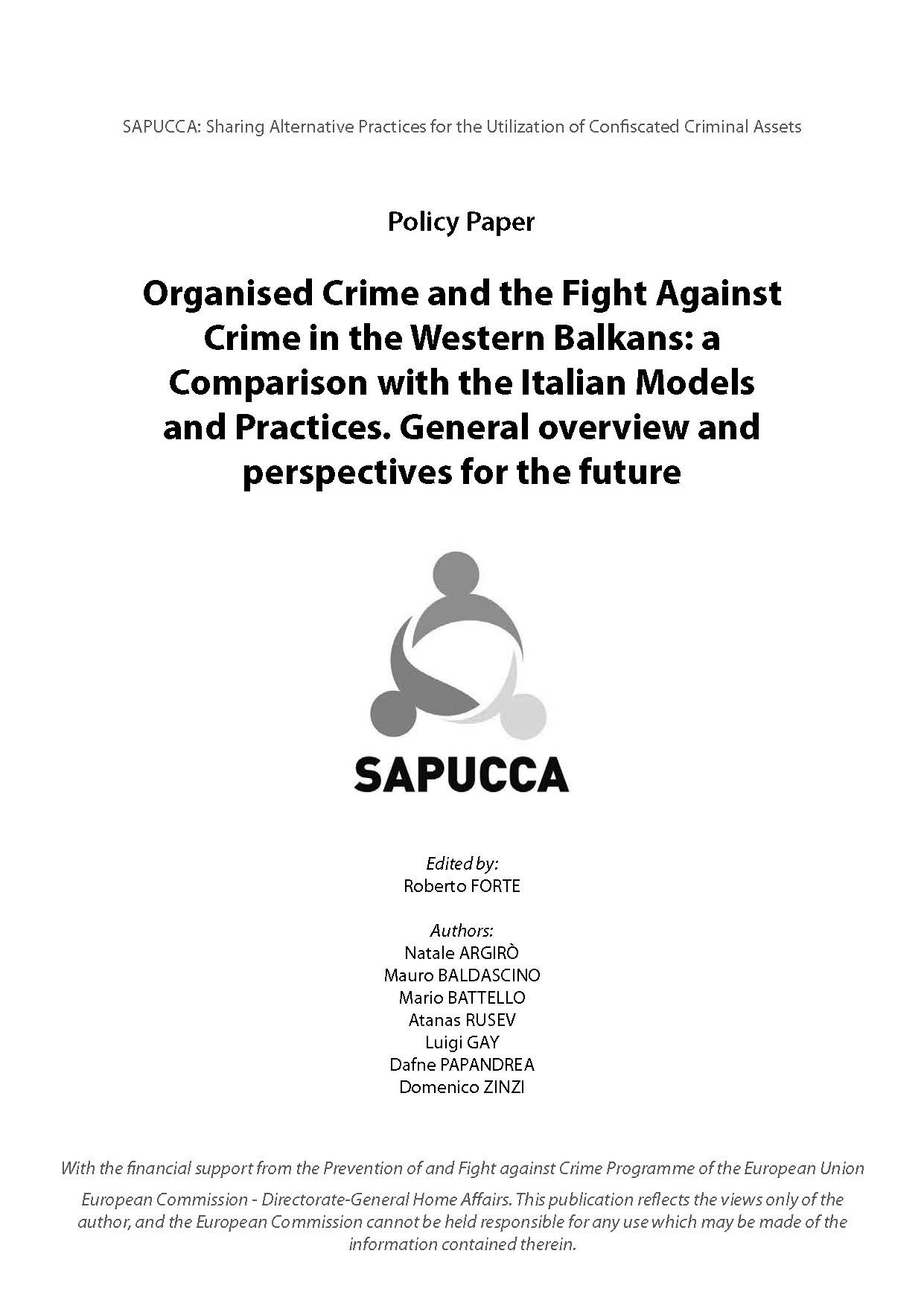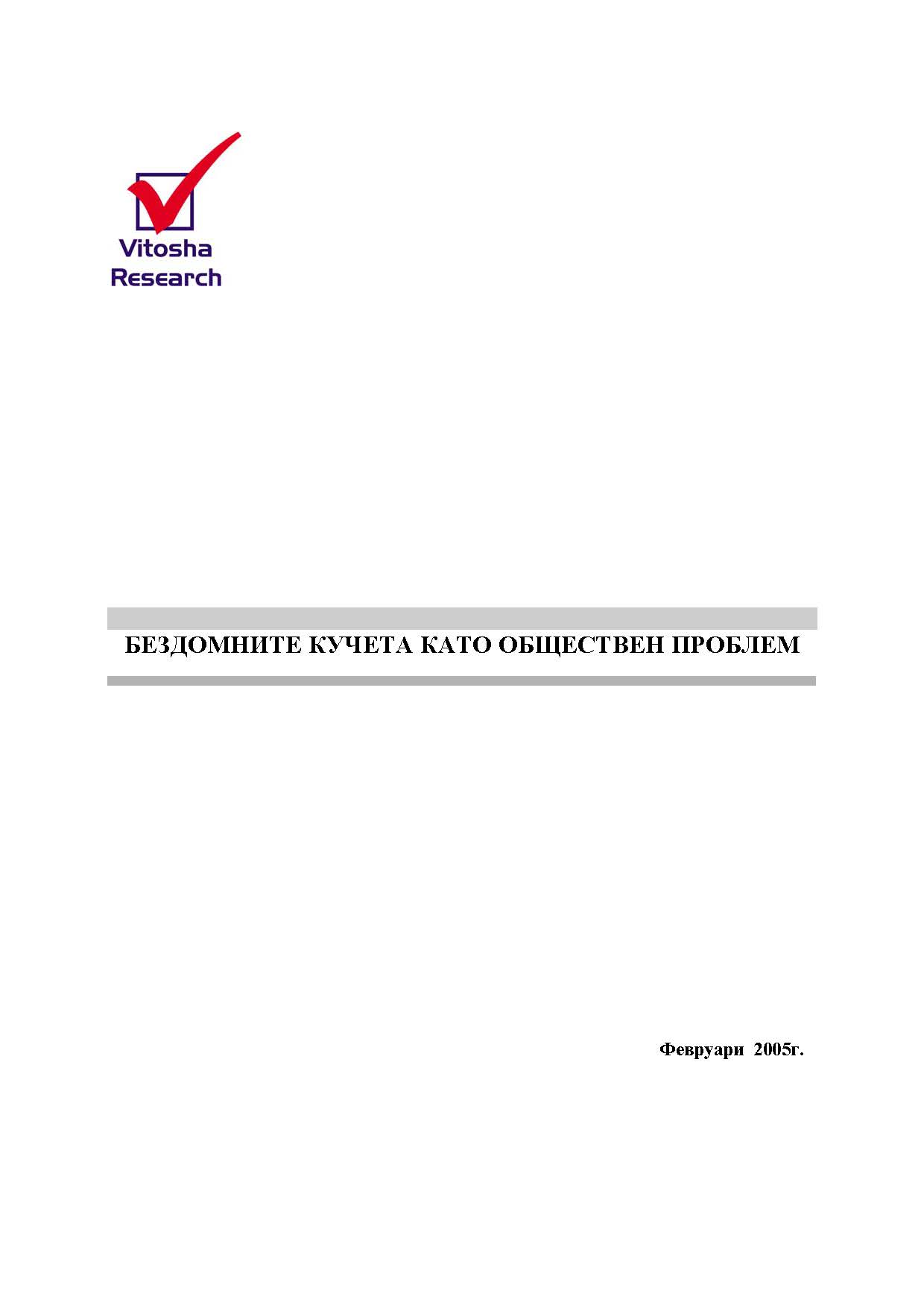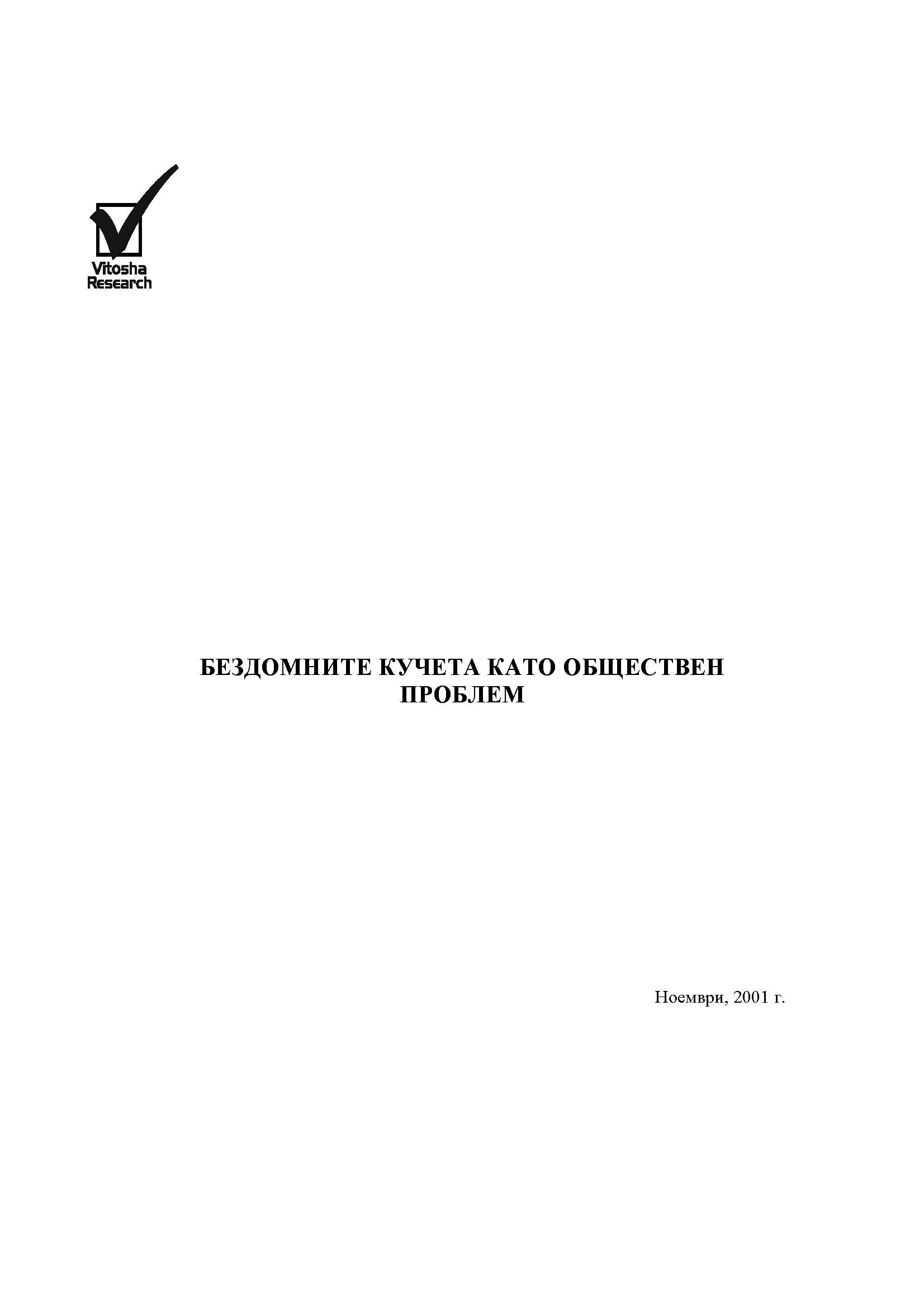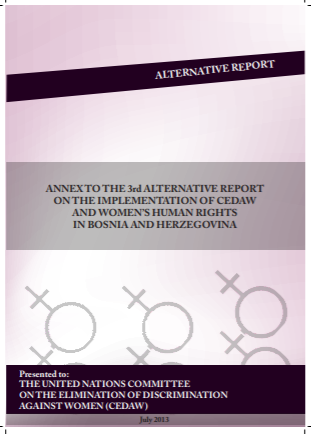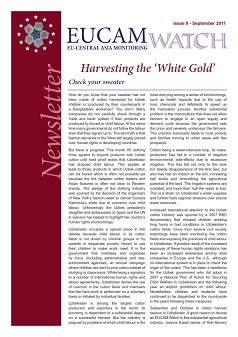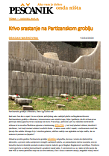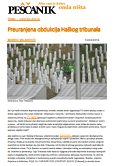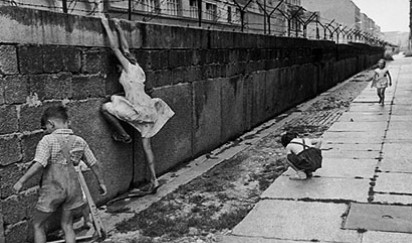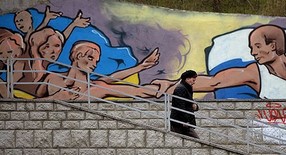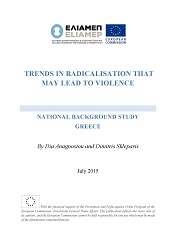
Trends in Radicalisation that May Lead to Violence: National Background Study, Greece
This report focusses on the case of Greece, where the phenomenon of radicalisation has been present throughout the period from the mid-1970s. Greece displays one of the most persistent problems of terrorism in Europe, raising anew the question of why extremist and revolutionary organisations continue to emerge and be active in democracies. Since the 2010, right wing and left wing extremism and radicalisation have intensified, especially in the context of a deepening social and economic crisis. The report provides a background study on radicalisation in Greece and the various forms that it takes, as a basis to bridge existing knowledge gaps on the subject. It provides and overview of past and current radicalisation trends. The national background study aims to first, identify and assess the legal and institutional responses to the processes of radicalisation that may lead to acts of violence and second, to review and analyse trends (ideas, actors, actions, motivations and root causes) in three strands of radicalisation (right and left wing, Islamist radicalisation and football hooliganism).
More...
